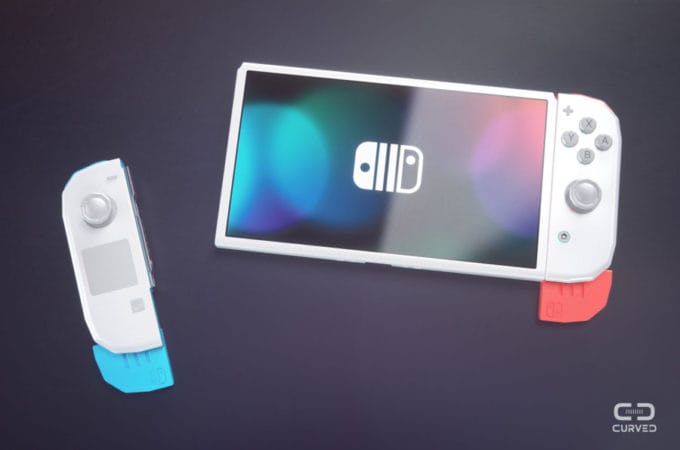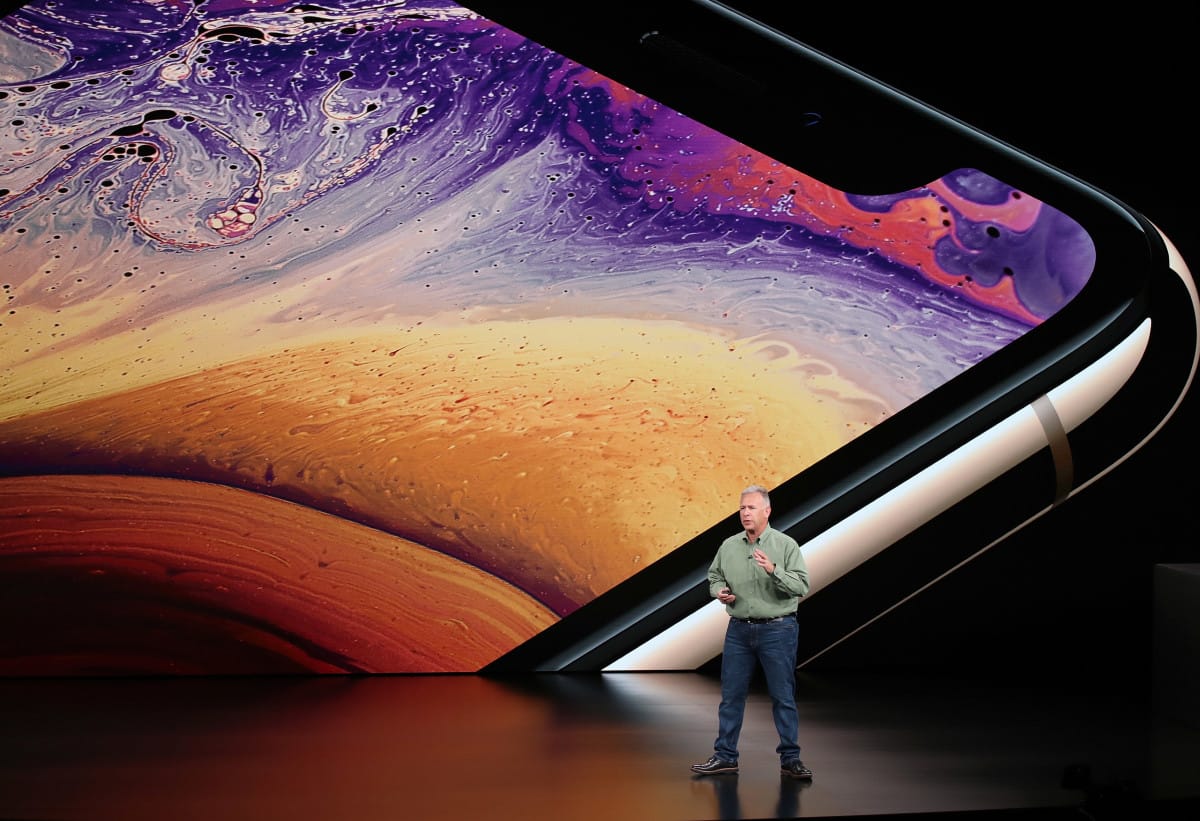In a notable development in the realm of smart home technology, LG and Samsung have joined forces with Microsoft to integrate the Copilot AI assistant into their upcoming smart television models. This collaboration marks a significant advancement in the way consumers interact with their televisions, promising to enhance the user experience through the application of artificial intelligence.
The integration of Microsoft’s Copilot AI assistant into LG and Samsung TVs is designed to provide users with an intuitive and interactive interface. By leveraging advanced voice recognition capabilities, the Copilot AI assistant allows users to control their televisions through simple voice commands. This feature is expected to simplify the navigation process, enabling viewers to search for content, adjust settings, and even control connected smart home devices without the need for a remote control.
One of the standout features of the Copilot AI assistant is its ability to offer personalized content recommendations. By analyzing user preferences and viewing habits, the AI can suggest shows, movies, and other content tailored to individual tastes. This personalization aspect is particularly relevant in an age where streaming services abound, and users often feel overwhelmed by the sheer volume of available content. The integration of AI into the viewing experience aims to alleviate this challenge by curating options that align with the user’s interests.
Additionally, the partnership between LG, Samsung, and Microsoft signifies a broader trend towards the convergence of smart technologies within the home. As consumers increasingly seek interconnected devices that can communicate with one another, the integration of the Copilot AI assistant into smart TVs is a logical progression. Users will be able to control various smart home devices, such as lighting and thermostats, directly from their television interface, creating a more cohesive and streamlined smart home experience.
The collaboration also highlights the competitive landscape of the smart TV market. With LG and Samsung being two of the leading manufacturers in this space, their decision to partner with Microsoft underscores the importance of innovation in maintaining market relevance. As technology evolves, companies must continually adapt to meet consumer expectations and preferences. By integrating AI capabilities into their products, LG and Samsung are positioning themselves at the forefront of this technological shift.
Furthermore, the integration of the Copilot AI assistant aligns with the growing emphasis on user privacy and data security. Microsoft has been vocal about its commitment to protecting user data, and this partnership is likely to reflect those values. Users can expect robust security measures to be in place, ensuring that their interactions with the AI assistant remain confidential and secure.
As the launch of LG and Samsung’s new smart TVs featuring the Copilot AI assistant approaches, both companies are expected to provide further details regarding the specific models and features available. Early indications suggest that these televisions will not only enhance the viewing experience but also serve as central hubs for smart home management.
The introduction of AI into smart TVs may also pave the way for future advancements in the industry. As consumers become more accustomed to AI-driven interactions, there may be increased demand for additional features and functionalities. This could lead to the development of even more sophisticated AI applications in the realm of entertainment and beyond.
In conclusion, the integration of Microsoft’s Copilot AI assistant into LG and Samsung smart TVs represents a significant step forward in the evolution of home entertainment technology. By enhancing user interaction through voice control, personalized recommendations, and seamless connectivity with other smart devices, this collaboration is set to redefine the television viewing experience. As the market continues to evolve, it will be interesting to observe how these advancements impact consumer behavior and the broader landscape of smart home technology.


